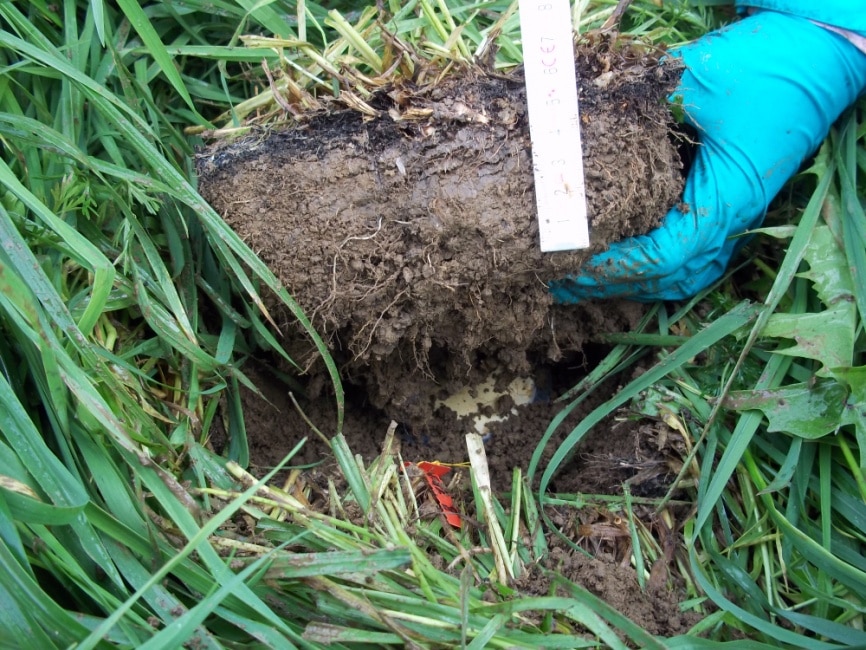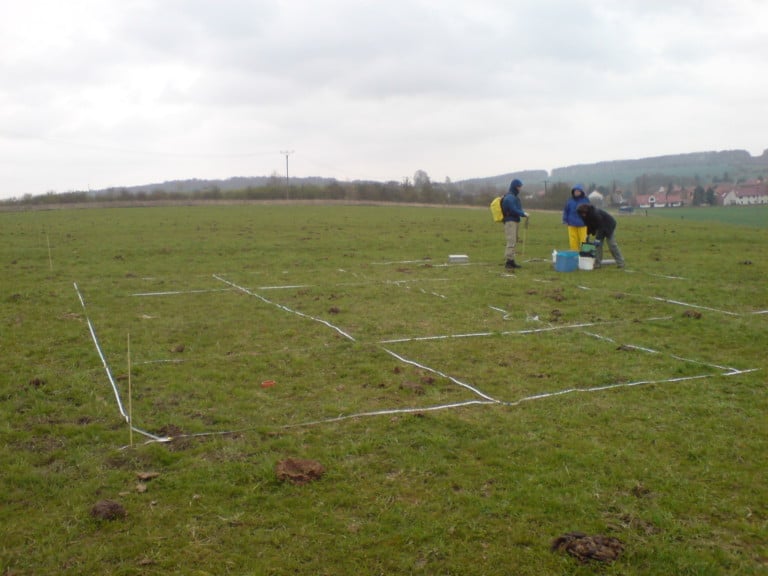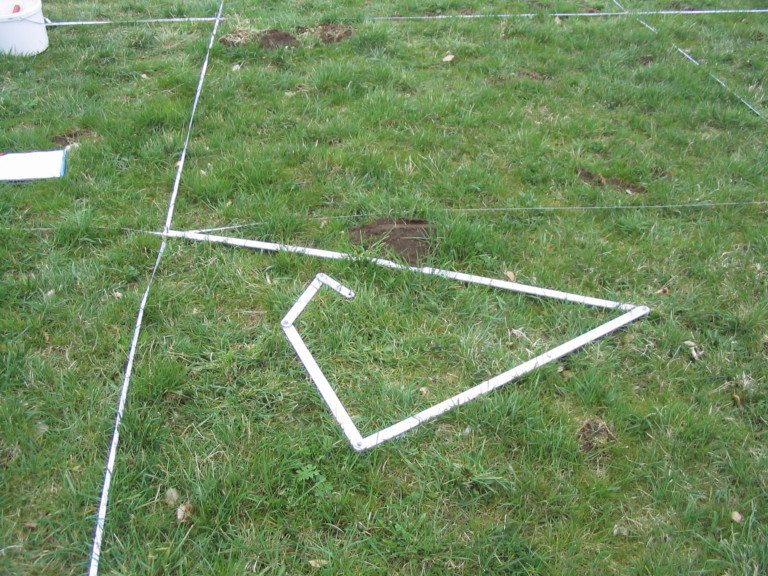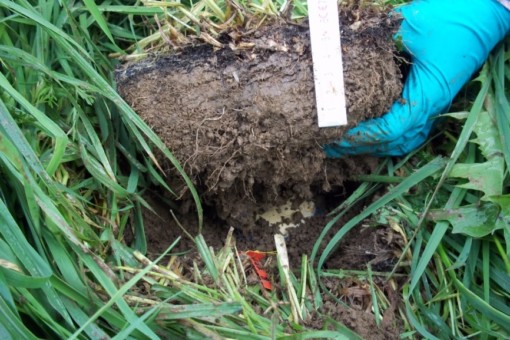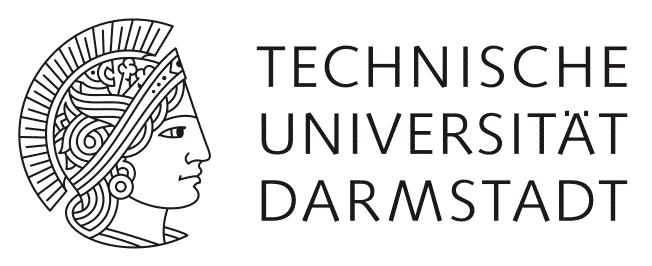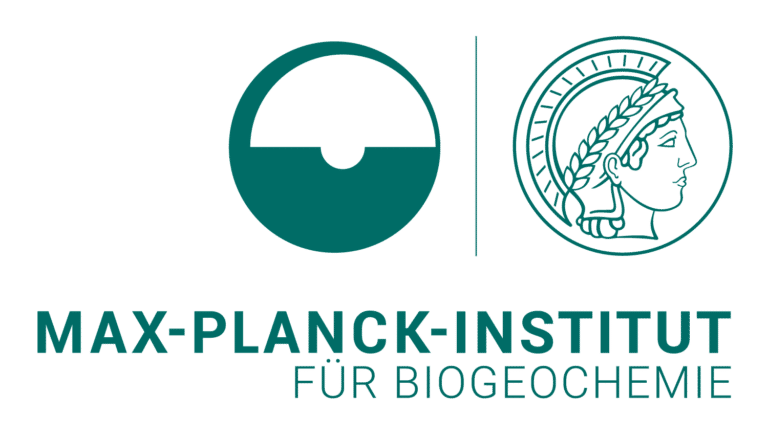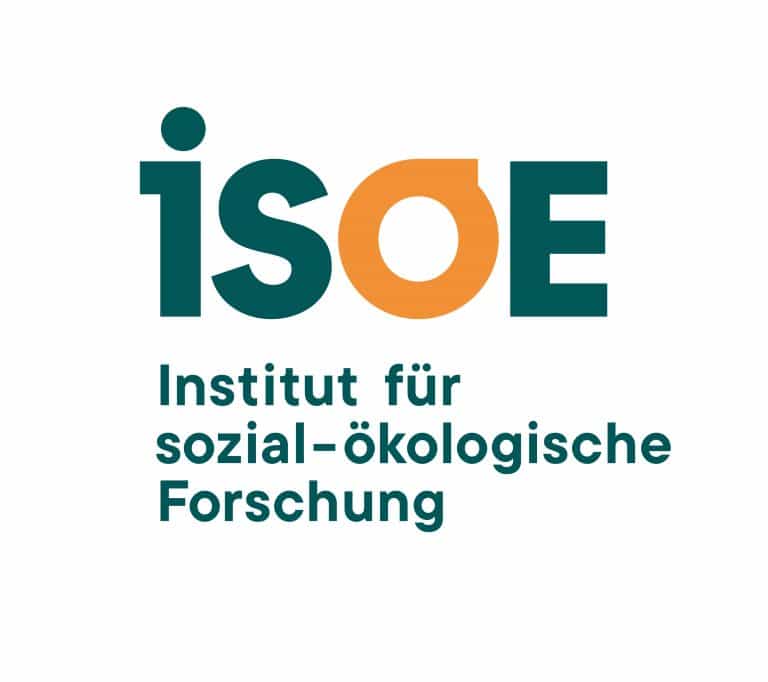Effect of Land-Use Intensity on Spatial Structure and Function of Soil Microbial Communities
A central goal in microbial ecology and biogeography is to quantify factors explaining the variation of microbial abundance and diversity in different ecosystems. In comparison to aquatic systems, soils are particularly heterogeneous. Soil heterogeneity resulted from the interaction of a hierarchical series of interrelated variables that fluctuate at many different spatial and temporal scales. Whereas spatial dependence of chemical and physical soil properties is well known at scales ranging from decimeters to several hundred meters, the spatial structure of microbial communities is less clear.
The aim of our project phase 2008-2011 was to clarify the spatial distribution of soil bacteria, genetic structure of bacterial populations and their functions at grassland plots with different land-use intensity. The exploratories provide the opportunity to study the impact of a broad range of land-use intensities on microbial populations and functional diversity in three climatic and geological different regions. The specific aim is to test whether land-use intensity changes densities and in situ activity of denitrifiers. Analyzing functional gene densities (narG, nirK, nirS, nosZ) will help to understand, which proportion of the denitrifier community possesses genes encoding all denitrification reductases and which proportion has a truncated pathway with NO and N2O as end products.
We assumed that the heterogeneity of the soil and thus the diversity of microbial habitats is altered under long-term differences in grasslands’ fertilizer inputs and mowing practices. We hypothesize that increasing land-use intensity i) will decrease the spatial heterogeneity of microbial processes by decreasing soil microhabitat diversity (e.g. nutrient poor vice versa nutrient rich niches) and plant diversity and ii) will change the density and activity of key players involved in N-cycling.
We selected grassland sites of low (unfertilized pastures), intermediate (fertilized mown pastures), and high (fertilized mown meadows) land-use intensities (LUIs) to assess the influence of land-use intensity on spatial patterns of soil microbial properties. We used a geostatistical approach with replicated sites (n = 3) comprising the three LUI classes, which allowed us a sound geostatistical analysis of the spatial parameters determined. At each of the grassland sites, bulk soil cores from 0 to 10 cm depth were taken. Samples were collected from a total area of 10 x10m per site. A grid mesh with 2.5m distances was laid over each site and soil samples were taken starting at each grid point. Spatially randomized sampling distances, starting from each grid point and diminishing from 150, 100, 50, 25 to 12.5 cm, resulted in 54 soil cores per site for laboratory analyses. We measured microbial biomass, enzymes involved in C-, N- and P-cycling, and several soil physical and chemical properties (e.g., bulk density, pH, soil organic carbon and mineral N content), which are known to regulate microbial activity (Berner et al. 2011). At the low and high land-use intensity sites we estimated further the abundance of genes involved in N cycling using qPCR methods (archaeal and bacterial ammonia monooxygenase targeting specific steps of nitrifiers and napA, narG, nirK, nirS and nosZ targeting different processes performed by denitrifiers) (Keil et al. 2011).
Chemical soil properties (e.g. Corg, Nt, pH) were characterized by practical ranges (pRange) of between 1 and 14 m, whereas soil microbiological properties showed a greater variation of pRanges, providing evidence of spatial heterogeneity at multiple scales (Berner et al. 2011). The expected decrease in small-scale spatial heterogeneity in high LUI could not be confirmed for microbiological soil properties, because sampling in early spring might have reduced the influence of growing plants and fertilization. However, microbial biomass carbon was significantly greater in high LUIs, indicating that the benefit to soil microbial populations from the long-term increase in substrate and nutrient availability in fertilized grasslands is independent from factors affecting spatial structures in the short-term.
Spatial autocorrelations of the different N-cycling communities ranged between 1.4 and 7.6 m for ammonia oxidizers and from 0.3 m for nosZ-type denitrifiers to scales 414 m for nirK-type denitrifiers (Keil et al. 2011). The spatial heterogeneity of ammonia oxidizers and nirS-type denitrifiers increased in high LUI, but decreased for biogeochemical properties, suggesting that biotic and/or abiotic factors other than those measured are driving the spatial distribution of these microorganisms at the plot scale. Furthermore, ammonia oxidizers (amoA ammonia-oxidizing archaea and amoA ammonia-oxidizing bacteria) and nitrate reducers (napA and narG) showed spatial coexistence, whereas niche partitioning was found between nirK– and nirS-type denitrifiers. Therefore, spatial analyses allowed us to identify distinct distribution ranges indicating the coexistence or niche partitioning of N-cycling communities in grassland soil.
